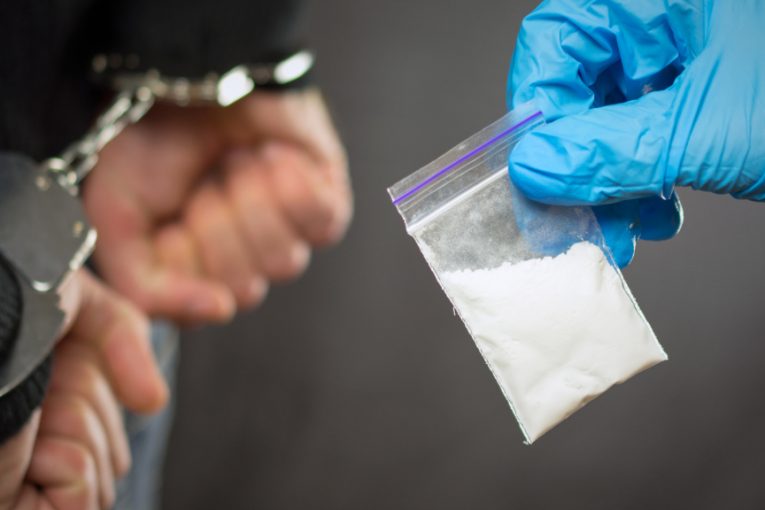

By Bryan Miller and Lily Rusk
SAN FRANCISCO, CA – A group of doctors, public health experts and community organizers this week called for urgent action to combat a public health crisis, noting the loss of 3,026 lives to overdoses, at a press conference in front of the San Francisco Office of the Chief Medical Examiner.
This group highlighted the toll this overdose crisis takes on families and communities, emphasizing each lost life is not simply a statistic but a reminder of the need for intervention in this crisis.
In a statement, Dr. Dan Ciccarone said, “3,000 deaths is an inconvenient truth because it highlights 3,000 failures in our public policy related to substance use. It highlights that we are not listening to our policy experts, our doctors and we are not following the excepted 2022 overdose plan. It shows we have not been consistent enough, creative, courageous, collaborative or comprehensive enough for our policies to be effective.”
Speakers at the press conference advocated for an evidence-based approach to this crisis along with the need for investment in prevention, treatment and community-based initiatives to stem the tide of overdose fatalities.
Throughout the conference speakers also cited stigma as a common reason people do not come forward to lifesaving treatment and support. They conveyed the need to dismantle harmful stereotypes and misconceptions surrounding substance use disorder.
Gary McCoy, vice president of policy & public affairs at HealthRIGHT 360, argued,
“Stigma, marginalization and politicization remain a threat to our response to drugs for more than a century in this country. And the escalating responses to substances, not related to science and research, have been shown to exacerbate overdose deaths.
“I think it’s very important that we stop politicizing what works, and stop pitting harm reduction against abstinence. It’s all important, they are all tools in our tool box, and they are all on the same continuum of care,” added McCoy.
According to the group’s statement, there has been a surge in overdose deaths that speakers attributed to cardinal measures. They instead called for heightened investment in prevention, treatment, and community-oriented solutions to tackle the escalating overdose crisis.
“Sadly, the experience of losing someone is not unique. Countless families in San Francisco have been torn apart by the overdose crisis, each one bearing the heavy burden of loss and mourning. It’s a tragedy that has devastated our community, leaving behind a trail of shattered lives and broken dreams,” said JuJu P., statewide fellow with Young Women’s Freedom Center.
JuJu P. added, “As grieving friends and family, we refuse to let our loved ones become mere statistics in this crisis. We demand action from our city leaders and policymakers to address the root causes of fentanyl addiction, expand access to treatment and support services, and prevent further loss of life. We cannot afford to wait any longer. Our loved ones deserve justice, and future generations deserve freedom.”
The coalition included the Young Women’s Freedom Center, Drug Policy Alliance, SF Public Defender’s Office, The Harm Reduction Therapy Center, HealthRIGHT 360 and the Do No Harm Coalition. 